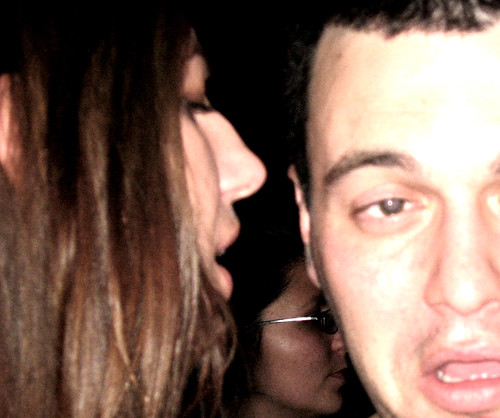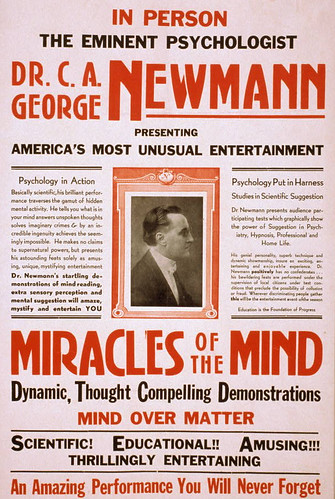A Musician’s Clothing Affects How Much You Like Their Music
is study investigates the effects of concert dress and physical appearance on perceptions of female classical soloists’ musical abilities over a range of genres. Four female violinists were recorded playing three pieces, in four styles of dress of varying formality. Each combination of performer, piece and dress was recorded twice, once as the performer’s own interpretation and again with a master-track dubbed over the top. The master-track provided a constant musical soundtrack and allowed the investigation of observer perceptions based…
1 min read
Does insincere flattery work?
is research uses a dual attitudes perspective to offer new insights into flattery and its consequences. The authors show that even when flattery by marketing agents is accompanied by an obvious ulterior motive that leads targets to discount the proffered compliments, the initial favorable reaction (the implicit attitude) continues to coexist with the discounted evaluation (the explicit attitude). Furthermore, the implicit attitude has more influential consequences than the explicit attitude, highlighting the possible subtle impact of flattery even when a…
1 min read
Does repeating yourself make you more influential?
spite the importance of doing so, people do not always correctly estimate the distribution of opinions within their group. One important mechanism underlying such misjudgments is people's tendency to infer that a familiar opinion is a prevalent one, even when its familiarity derives solely from the repeated expression of 1 group member. Six experiments demonstrate this effect and show that it holds even when perceivers are consciously aware that the opinions come from 1 speaker. The results also indicate that…
1 min read
Does what you say about others actually say more about you?
3 studies, we document various properties of perceiver effects—or how an individual generally tends to describe other people in a population. First, we document that perceiver effects have consistent relationships with dispositional characteristics of the perceiver, ranging from self-reported personality traits and academic performance to well-being and measures of personality disorders, to how liked the person is by peers. Second, we document that the covariation in perceiver effects among trait dimensions can be adequately captured by a single factor…
1 min read
Should every store have a beautiful female employee?
teris paribus, having her there should make the store better at selling expensive stuff to guys: Exposure to mating cues activates the goal to signal one's mate value to members of the opposite sex. This mate attraction goal may render men perceptually ready for products that signal their mate value to women. As men's mate value is partly determined by their financial prospects, men may be more likely to notice products that would signal their financial resources to women. The…
1 min read
Where should you sit during a meeting to be most influential?
t in the middle: This paper examines centrality of physical position as a cue that leads to systematic biases in people’s decisions to retain or eliminate a participant from a group. Termed the “centre- stage” effect, we argue that people use their belief that “important people sit in the middle” as a schematic cue that they substitute for individuating performance information for individuals who occupy central positions when the goal is to eliminate all but one of the group members.…
2 minutes
How To Easily Be More Likable And Make People More Receptive
sten to what they have to say and ask them to tell you more: Two studies investigated the effect of expressed interest on individuals’ openness to opposing viewpoints and perceptions of debate counterparts. Participants in Study 1 engaged in an online conversation with a purported debate counterpart who did or did not express interest in the participants’ viewpoint by asking an elaboration question—that is, a question geared at soliciting additional information. Compared to control participants, participants who received a question…
1 min read
Here’s how you get people to donate money:
e authors find that appeals for charity that evoke personal nostalgia will have an effect on the charitable-donation intentions of consumers. In study 1 with 103 respondents, nostalgic charity appeals evoke higher levels of emotions and donation intentions than non-nostalgic appeals. Study 2 457 respondents indicates that this effect is moderated by the consumer's propensity towards being nostalgic. In study 3 sample: 186 consumers, the effect of nostalgia emotions and intentions is, in turn, moderated by the importance of the…
1 min read








